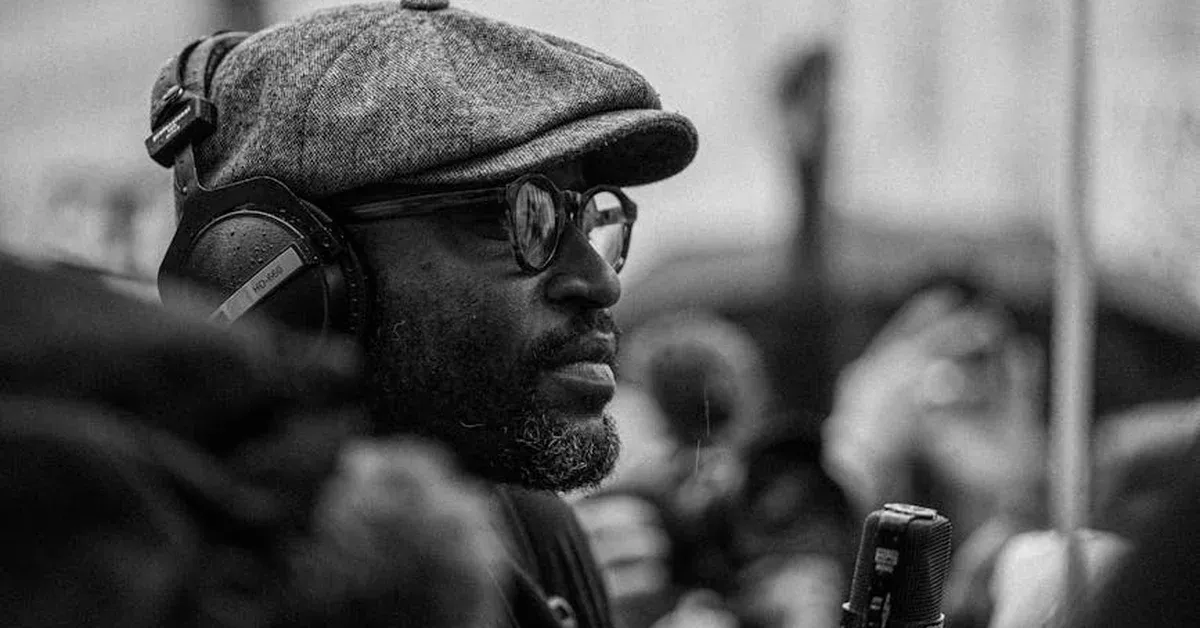
Your city’s streetlights do more than light up the night. They’re growing digital ears. Flock Safety, the company behind those license plate readers you see everywhere, just rolled out something new: microphones that can detect human voices. What started as gunshot detection is quietly becoming an always-listening network. Privacy advocates are worried, and they should be. This isn’t just about catching criminals anymore - it’s about turning public spaces into recording studios.
From Gunshots to Conversations: The Raven System
Flock Safety made its name with license plate cameras. These devices sit on poles and buildings across thousands of US cities, scanning every car that passes by and building massive databases for police. Now they’ve added the Raven system - audio sensors that work with the existing camera network. The company originally sold these as gunshot detectors, which already had problems with accuracy and over-policing. But now the Raven can identify “human distress” by analyzing voices. The same poles that track your car might soon pick up your conversations, arguments, or calls for help.
The company says this helps public safety by speeding up response times to crimes beyond shootings. Picture a mugging or assault detected the moment it happens by an algorithm. But the line between detecting real distress and just listening in on daily life is razor thin. Digital rights groups say this is a huge step toward mass audio surveillance in public spaces, destroying any expectation of privacy where people live and work.
How Algorithms Listen: A Web of Suspicion
The Raven system uses machine learning to pick out specific voice patterns. Flock Safety’s official website talks about deterring threats and reducing crime, but the big question remains: how does an algorithm define “human distress”? Is it a shout? A scream? A heated argument? These algorithms are proprietary, meaning almost no public oversight exists. Citizens have no idea what triggers their audio monitoring. Privacy laws can’t keep up with what these systems can hear and record.
Civil liberties experts have warned about this for years. Surveillance tech always starts with one specific function, like gunshot detection, then expands to other “concerning” sounds. Before communities understand what’s happening, cities deploy digital ears with little transparency or accountability. The potential for mistakes is huge. False alerts waste police resources, and worse, innocent people get profiled based on misread vocal patterns or accents. This goes far beyond tracking license plates - it’s about interpreting human behavior through sound, something much more subjective and biased than a car registration.
The Real Cost of Digital Safety
The impact on civil liberties runs deep. Once these Flock Safety microphones spread widely, law enforcement and other groups could access audio recordings - even old ones. This creates a massive, always-on surveillance network that turns every public conversation into potential data. The Electronic Frontier Foundation has strongly criticized this trend, saying it sets a dangerous precedent for warrantless eavesdropping on public life.
Think about the bigger picture. Combined with existing tech like license plate surveillance and predictive policing, this audio monitoring creates an almost inescapable digital net. Your movements, your car, and now your voice all get cataloged, analyzed, and stored. This sensitive data gets shared with law enforcement agencies and potentially third parties, raising serious questions about data security and how it might be used beyond crime fighting. It’s the classic trade-off between safety promises and personal freedom, creating a chilling effect on public conversation and gatherings.
Flock Safety’s expansion from gunshot detection to voice monitoring marks a turning point in smart city technology. Supporters see safer streets ahead, but critics worry about a future where algorithms constantly monitor our public spaces. This isn’t just cameras seeing our faces and cars - it’s algorithms listening to our lives. As these Flock Safety microphones spread across cities, understanding their reach and demanding strong privacy protections becomes critical. The real question isn’t whether our cities will get smarter, but whether they’ll stay free.